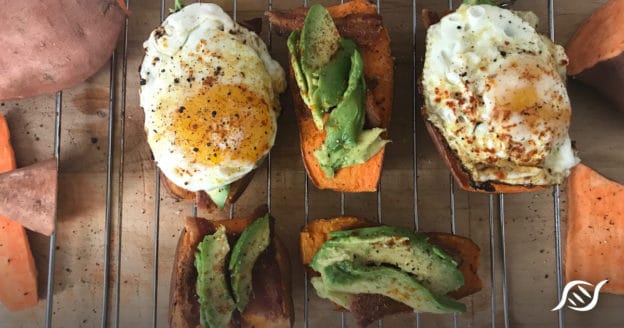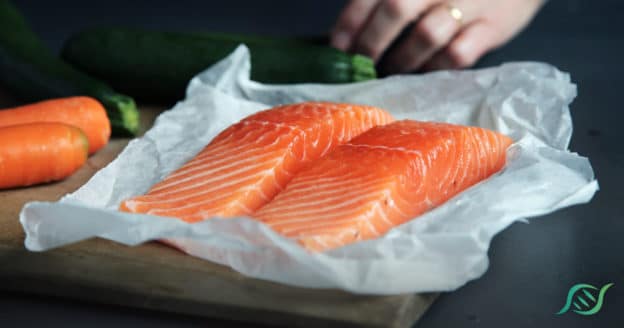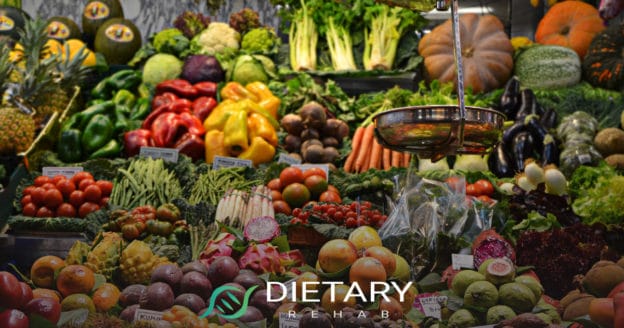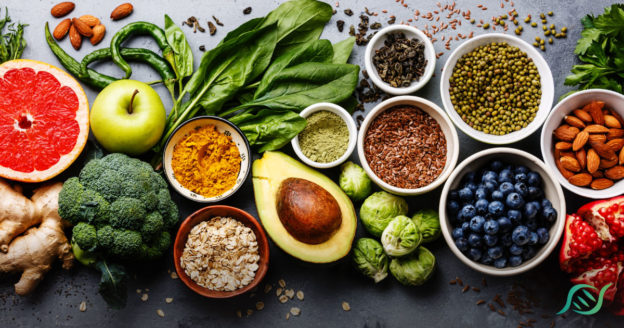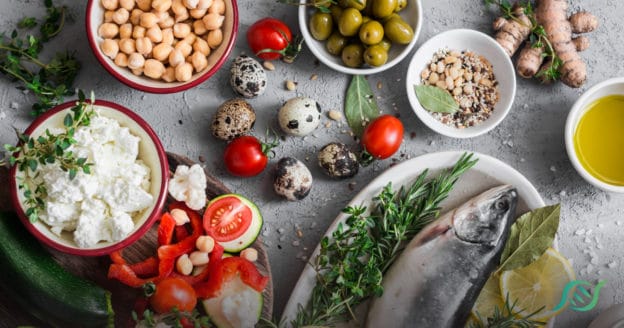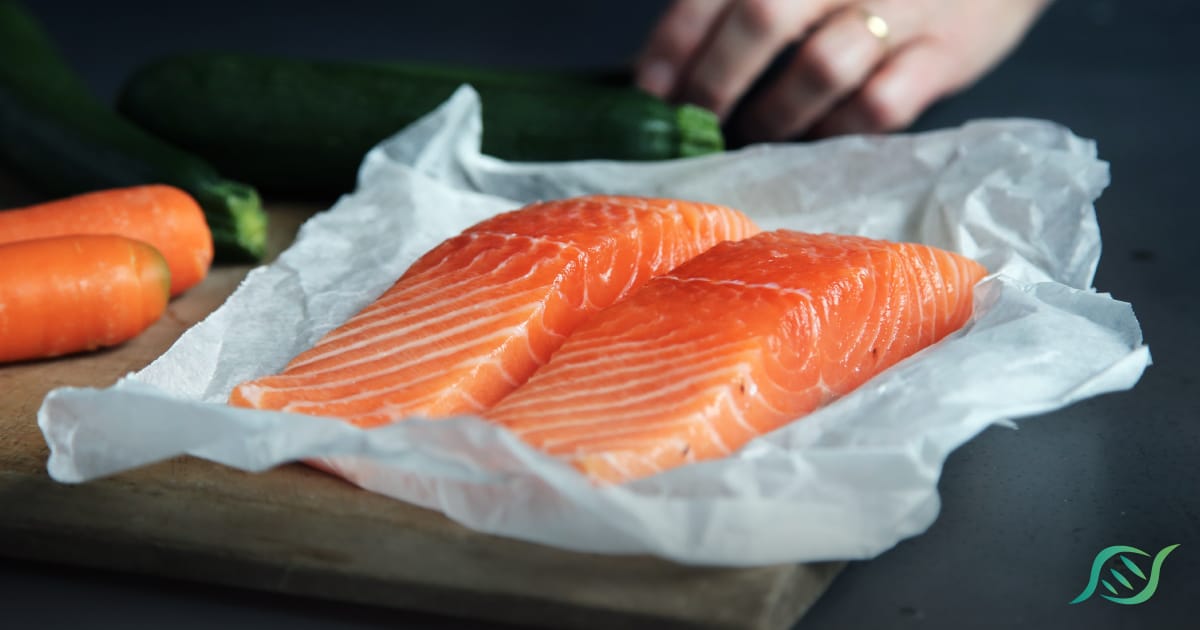
Heart disease continues to hold the top spot as the leading cause of death for Americans, accounting for about one in every four deaths each year in the United States*. So consider adding a few heart-healthy foods to your regular diet to help curb your risk of developing heart disease.
The Value of Eating Well
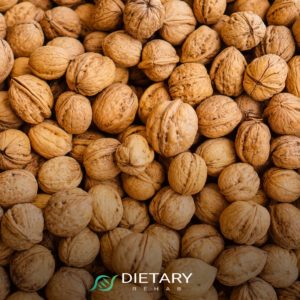 Eating healthier is much easier than most people realize. Sometimes, simply making a few small changes to your everyday eating routine can have tremendous results in a relatively short time.
Eating healthier is much easier than most people realize. Sometimes, simply making a few small changes to your everyday eating routine can have tremendous results in a relatively short time.
Heart disease happens for a number of reasons. Some people inherit genetic markers from their parents that predispose them to these conditions, while others simply fail to maintain appropriate eating habits and inevitably damage the health of their hearts. Adding a few of the following heart-healthy foods can make a major difference in your overall health and reduce your risk of heart disease.
Salmon
Fresh fish is one of the best sources of Omega-3 fatty acids, an essential nutrient for a healthy heart. Fatty fish like salmon has exceptionally high Omega-3 concentration, so consider adding fresh fish to your eating routine at least once or twice per week.
Avocados
One of the most popular “super foods” available, avocados contain a healthy balance of monounsaturated, saturated, and polyunsaturated fats that help absorb fat-soluble vitamins. They also contain vitamins B, E, and potassium, another essential nutrient for optimal heart function.
Walnuts
Walnuts and other nuts are a great source of healthy fats and Omega-3 fatty acids. They are also rich in antioxidants, help promote healthy blood pressure, and decrease inflammation. Walnuts are easy to add to salads for an enjoyable crunch or eaten on their own as a snack.
Berries
Fresh berries like blueberries, strawberries, and raspberries are rich in fiber and antioxidants. Raspberries in particular have high concentrations of polyphenols that lower the risk of heart disease as well as fiber, vitamin C, and manganese, another essential nutrient missing from most Americans’ diets.
Leafy Green Vegetables
Vegetables should ideally comprise the bulk of anyone’s diet, but dark, leafy greens are particularly beneficial. Kale, collard greens, spinach, and cabbage are just a few of the best options for adding veggies to your diet. These vegetables not only promote better digestion but also contain other essential vitamins and minerals that can improve heart function and lower the risk of heart disease.
Oatmeal
Oatmeal can be a delicious breakfast option that also provides fantastic benefits for your heart. Oatmeal is rich in beta-glucan, a type of fiber that helps lower LDL cholesterol levels. LDL cholesterol can eventually cause blockages in the blood vessels of the heart, and it’s easy to add fruits, low-fat yogurt, fortified plant-based milks, and nuts to your morning oatmeal for a satisfying and nutritious breakfast.
Dark Chocolate
Dark chocolate is a sweet and delicious way to add more antioxidants to your diet. Dark chocolate helps break down LDL cholesterol and increases HDL cholesterol, the “good” type of cholesterol. Consider reaching for dark chocolate treats as sweet and healthy snacks, or incorporate them into other foods. Small chunks of dark chocolate in your morning oatmeal can be a delicious and healthy way to start the day.
Olive Oil
An abundance of olive oil in the Mediterranean diet may explain why people hailing from this region generally face a lower risk of heart disease than Americans. Extra virgin olive oil is the purest form available, so consider using it to cook or adding it to salads as a way to prevent LDL cholesterol accumulation, strengthen the walls of your blood vessels, reduce blood pressure, and prevent severe blood clotting.
Almond Butter
Peanut butter is probably one of the most popular foods in the country, and while it certainly contains many health benefits like high protein density and a good amount of monounsaturated fats, unsalted almond butter offers even more health benefits. A serving of almond butter contains about 25% more monounsaturated fats than an equivalent serving of peanut butter, making it an ideal choice for improving blood sugar levels and fighting heart disease.
Tomatoes
Tomatoes get their red color from lycopene, a very powerful antioxidant that promotes healthy cholesterol levels. Tomatoes are also a fantastic source of vitamin C and potassium, two more essential nutrients for a health heart.
Start Making Changes to Your Diet Today
Many Americans struggle to eat better, but completely changing your diet overnight is usually a bad idea. Make the transition to healthier eating easier on yourself by adding heart-healthy foods to your diet. Think of new ways to approach your morning routine with heart-healthy additions to your usual fare and find new snacking options that can help promote better heart function and lower your risk of heart disease.

